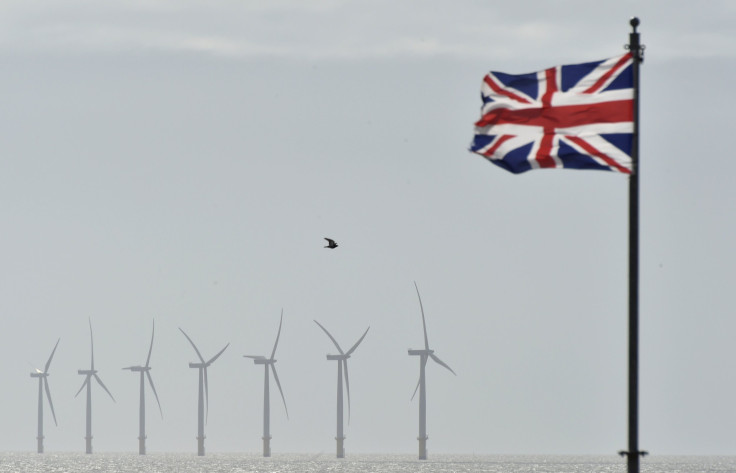Renewable energy beats fossil fuel for first time despite UK cutting support on clean energy

Despite the United Kingdom’s plan to halt its support of clean energy, renewables have successfully outbid coal for first time in supplying electricity in the country, a new Department of Energy & Climate Change report shows. The quarterly UK Energy Statistics report released on Thursday reveals that wind, solar and bioenergy soared to 25 percent. The report comes after a week of criticism against the British government by business leaders and former U.S. vice president Al Gore for cutting support for renewable energy.
In 2014, renewables reportedly contributed only 16.4 percent of electricity, falling behind coal energy. However, the new data shows that higher wind speeds, more sun hours and the increase of turbines and solar panels have contributed for renewable energy to be the second highest electricity source in 2015.
Solar energy has led the renewable surge by more than doubling its contribution between the second quarters of 2014 and 2015. Wind energy follows, rising by 65 percent, which has been the result of the increasing large-scale offshore wind farms. Meanwhile, the switch from coal to wood chips at a unit of Drax power station has helped biomass to contribute 26 percent of electricity.
After the general election in May, renewable energy has been strangled by Conservative ministers that argue about the rapidly growing subsidies given to renewables. The officials announced that the government is planning to cut the subsidies, reducing 87 percent for solar power, as well as to end support of onshore wind farms.
Despite the officials’ view on the rapid growth of renewable energy requirements, clean energy has been rapidly dominating coal and nuclear plants that have contributed 20.5 percent and 21.5 percent of electricity respectively. However, gas-fired power stations ranked as the major electricity source in the UK, contributing 30 percent.
“Government support has driven down the cost of renewable energy significantly and these statistics show that has successfully enabled renewables to compete with other technologies,” said a spokeswoman for the Department of Energy and Climate Change. Renewable UK’s chief executive Maria McCaffery added that the new statistics indicate that the country is being dependent increasingly on renewable sources.
“We’ve had a series of disappointing announcements from ministers since May which unfortunately betray a lack of positive ambition at the heart of government,” McCaffery said. “If ministers want to see good statistics like we’ve had today continuing into the years ahead, they have to knuckle down, listen to the high level of public support we enjoy, and start making positive announcements.”
Contact the writer at feedback@ibtimes.com.au or tell us what you think below





















